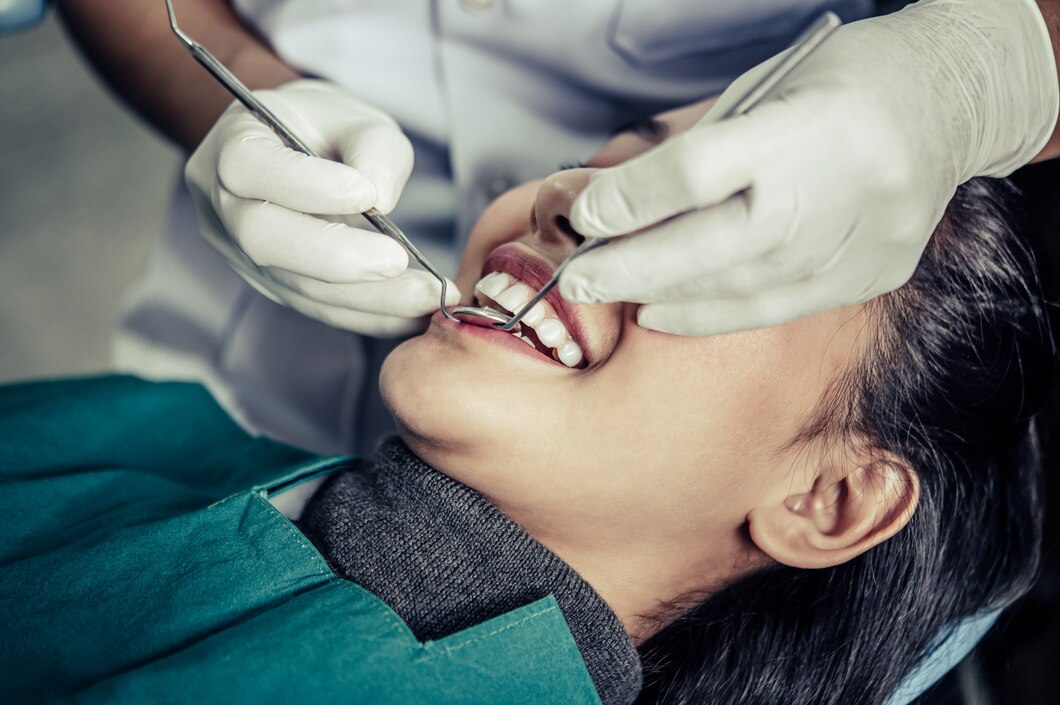Dental care for patients with autoimmune diseases requires special attention due to compromised immune system function in this group. Autoimmune conditions like lupus, rheumatoid arthritis, and Sjögren's syndrome can impact oral health, causing issues such as dry mouth and chronic gum inflammation. If not properly managed, these conditions can lead to serious health complications.
Oral Health Risks
Dry mouth, or xerostomia, is a common issue among autoimmune patients, especially those with Sjögren's syndrome, which reduces saliva production. Saliva is essential for maintaining oral moisture and inhibiting bacterial growth. Without sufficient saliva, the risk of cavities and gum infections increases. Therefore, it is important for autoimmune patients to stay hydrated and, if needed, use saliva substitutes or medications recommended by a dentist.
Gum inflammation, or gingivitis, is also more likely to occur in autoimmune patients because their bodies struggle to fight infections. Patients with lupus or rheumatoid arthritis, for example, often experience swollen and bleeding gums. Regular dental check-ups and treatments that reduce inflammation are crucial. Routine cleanings, including scaling, can help prevent the progression of gum disease.
Medications for autoimmune diseases, such as corticosteroids or immunosuppressants, can also affect oral health. These drugs may have side effects that disrupt the balance of oral bacteria and make mouth tissues more prone to infection. Dentists should be informed of the patient’s full medical history and current medications to provide safe and effective dental care.
Appropriate Dental Care
Bagi penderita penyakit autoimun, menerapkan kebiasaan perawatan diri yang For autoimmune patients, maintaining consistent oral care habits is essential. Regular brushing with fluoride toothpaste, flossing, and avoiding foods that trigger inflammation can help maintain oral health. A balanced diet rich in antioxidants can also support gum health and reduce infection risk.
Overall, dental care for autoimmune patients requires a careful, personalized approach. Collaboration between dentists and autoimmune specialists is crucial to ensure dental treatments are safe and do not exacerbate the patient’s condition. With regular check-ups and appropriate preventive measures, autoimmune patients can maintain good oral health, leading to an improved quality of life.
Optimal dental care for autoimmune patients aligns with SDG 3: Good Health and Well-being by preventing oral infections and complications that could worsen their condition. Proper dental care enhances quality of life, helping patients live healthier and more comfortably.
Educational programs about dental care for autoimmune patients also support SDG 4: Quality Education. Providing knowledge to the public about the importance of oral health for chronic disease management raises awareness and empowers individuals to manage their health effectively. Such education is crucial for patients with autoimmune conditions and the healthcare professionals who treat them.
Author: Rizky B. Hendrawan | Photo: Freepik
Editor: Shinta

